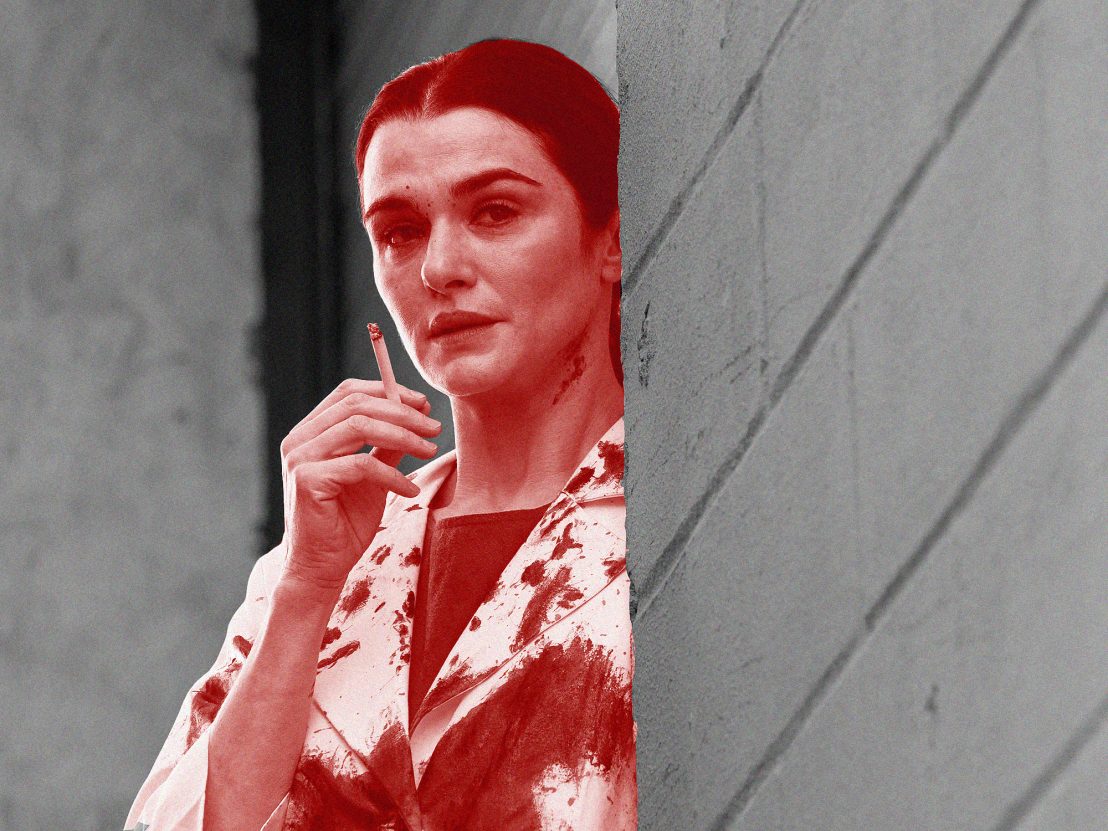
Actress and producer Rachel Weisz and writer Alice Birch lift the lid on their reimagining of David Cronenberg's chilling twin thriller.
Red hooded robes, gynaecological gadgets resembling torture devices and a deep plunge into the bowels of folie à deux – David Cronenberg’s 1988 psychological horror Dead Ringers is firmly nested in the cult collective consciousness, with the stylised tale of the Mantle Twins a defining work in the Canadian director’s oeuvre. Adapting a film with such a strong sense of narrative and style seems a riské choice, but one actress-turned-producer Rachel Weisz and writer Alice Birch were willing to make. The duo steers the helm of the Amazon adaptation of Cronenberg’s classic, the eponymous six-episode series placing Weisz into Jeremy Irons’ shoes to concoct a gender-flipped retelling of the twisted relationship between Elliot and Beverly Mantle.
LWLies: Rachel, you were the one to introduce Alice to Dead Ringers, which you have often described as one of your favourite films. Having come to it at different times of your lives, can you both remember what went through your mind upon that first watch?
Rachel Weisz: It’s a very twisted, very unusual relationship. I have never seen anything like it. Siblings can be close, but this is a whole other level of codependency, which I was slightly jealous of at first. It seems great to have someone to share your life with and to rely so much on, but then, of course, it gets very toxic and very, very dark. I think what drew me to the original film was the relationship between the brothers and Geneviève Bujold’s performance as Claire. I think it’s a spectacular performance from her, one I’ll never forget. It’s such a damaged character and I can feel the intelligence behind the performance, she knows how damaged she is and the character knows her damage — she’s wearing it all on her sleeve. Still, she won’t be their victim and she’s not a passive character. It’s spectacular.
Alice Birch: I first watched the film immediately thinking of it as a potential adaptation and thinking: what would you take from it? I was quite calm. I really remember the red, the score, and this tone of dread all the time. It’s so high-wire. You sort of feel the film is balancing so many things in it, if it pushes too far in one direction, it is going to go somewhere that is just so masterful. All of those things were immediately coming to me as exciting.
Both the film and the show are so greatly defined by the idea of presence, the thought of having someone constantly present in your life, and the deep connection that arises from the intensity of this presence. Rachel, your performance, in a sense, is defined by absence — not having this other version of yourself be there with you on set. How have you navigated this dichotomy?
RW: It’s a very poetic notion. In the story, they are always together, intertwined, interlocked, and unsustainably close. But, in practical terms, I had an acting partner who played opposite me, so I wasn’t physically alone. She was Beverly then Elliot, and I was Elliot and Beverly, so I wasn’t ever lonely. There was never an actual absence there.
There is also this Russian doll-ish idea of the twins taking each other’s identities, with you coming in to embody both of them. How has this resonated with you as an actor?
RW: In a sense, it’s somebody performing somebody performing somebody. I didn’t think about that while filing because between action and cut I just believe that I am Beverly, so I didn’t have that extra layer. But, sitting back on it now outside the film set, it’s such an interesting thing to think about, those layers.
AB: Yeah, it’s very interesting to think about something that we’ve been working on for such a long time through a new language. This is making me think about the idea of Genevieve [the character played by Britne Oldford] also being an actor and the moment where the twins’ mother asks if she ever loses herself, which is just finding other ways for those layers to stack on top of each other.
RW: It is interesting how Elliot is so nasty at the actress and just comes for Genevieve when she is the least actress-y – in that pejorative way people use the term actress. Genevieve is just grounded, she absolutely knows who she is, and there is no confusion between her and the character she plays on her TV show. She’s incredibly clear about who she is and who her characters are, and it is lovely to see an actress portrayed in that way.
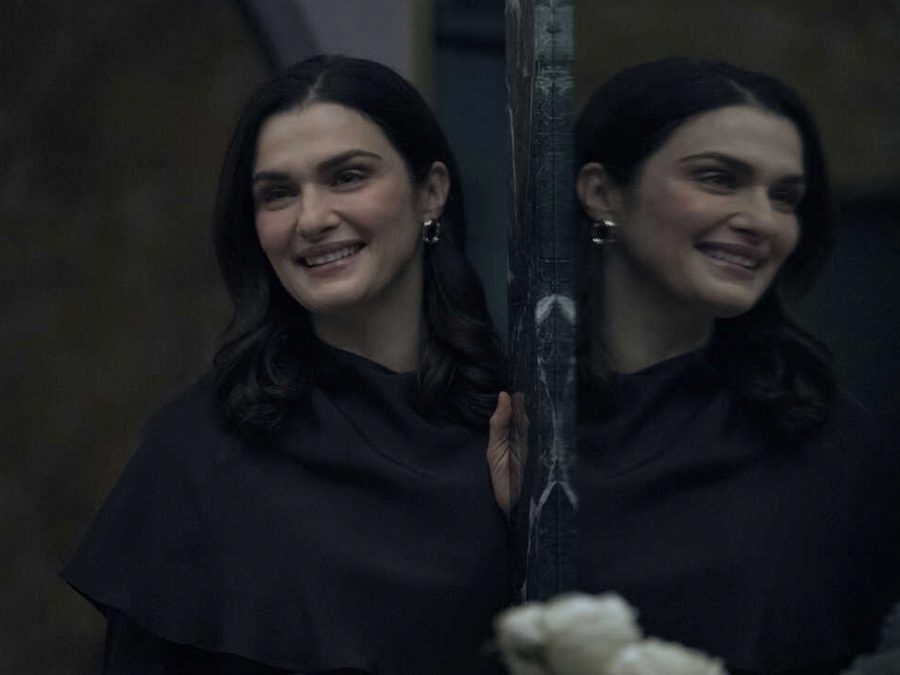
The gender reversal and having the Mantle twins be obstetricians instead of solely focusing on fertility treatment allows for a connection between sexuality, pleasure and reproduction. Cronenberg is quite obviously famous for his relationship with the body and I am wondering how you translated this awareness of the physical and metaphorical body here.
AB: The gender flip was always just a fact of the project because Rachel was playing both parts. They were just… Women. This gave us access to a slightly different lens. We decided really early on they would be obstetricians as well as gynaecologists because we were hungry for different kinds of patients and them meeting different women across all areas of fertility.
RW: When we decided they would be obstetricians as well, every day of their working life saw two or three babies appearing from a woman’s body, either through vaginal birth or a C-section, so, for me, getting into this story and this role was just very practical. This is what they did, this was their job. There is something quite extraordinary about the female body, that life comes from, and I think we were both interested in seeing that. It’s not something one has seen much.
When you talk about new life coming in, it brings me back to Cronenberg and the idea of long live the new flesh. There is a crop of contemporary female directors employing genre to explore this notion of the body, new flesh, new life. I’m thinking Julia Ducornau, Lucile Hadžihalilović, Jennifer Kent, Ana Lily Amirpour… I’m wondering what other fountains you drank from on top of Cronenberg’s.
AB: Particularly looking back to the writer’s room and working with all the incredible directors we had and everybody bringing new references. Often a reference that was there at the beginning would show up again. We talked about lots of artists and photographers like Heji Shin, who takes amazing birth photographs, and we talked a lot about abjection and artists like Cindy Sherman and Louise Bourgeois… There were a lot of fountains to go and drink from, just as much as Cronenberg.
RW: There were references to photographers and films and we just began to see a path together, the kind of area that we are visually interested in. Once I started acting, I wasn’t thinking of it in this way. Then, at the end of filming, it came back to help us with the editing. There were just so many references… Lucile Hadžihalilović’s Evolution. I had never seen the film before we started researching and when I saw it I thought immediately that it was a whole new visual language, grammar and storytelling. So we tuned in to something visual together.
One of the prominent arcs within the film is Beverly’s addiction, something that in your adaptation seems to be introduced through Jennifer Ehle’s character, Rebecca, the spearhead of a fictional Sackler family culpable for the drug epidemic. I wonder how the character of Rebecca came to stand this particular theme within the film.
AB: I hadn’t thought of it like that. It’s always so hard to remember exactly where ideas come from. Often it’s somebody else’s imagination and people add layers on all the time. We were really interested in the more pharmaceutical side of medicine within the system and really interested in philanthropy and the more complicated politics of that as well. But we were also trying to find the person who would be the most difficult for Beverly to take the money from. We were feeding into the story engine and the dramatic stakes.
Published 20 Apr 2023
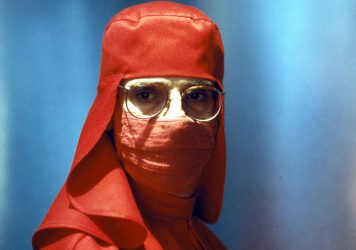
By Adam Scovell
The director’s tale of twin gynecologists is a gory study of the relationship between the physical and mental self.
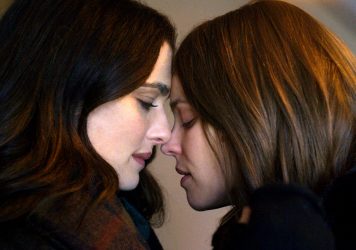
Rachel Weisz and Rachel McAdams are unable to lift this hackneyed tale of forbidden love.
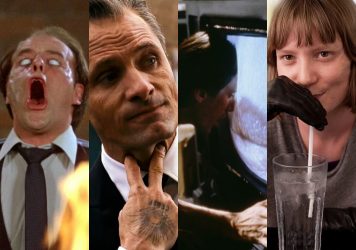
With a new feature film out in the world, we celebrate the corporeal classics of the Canadian body horror maestro.